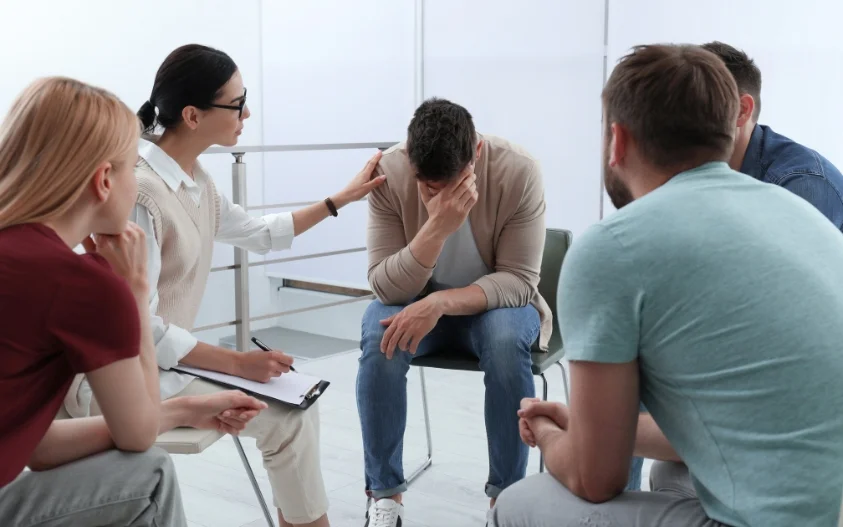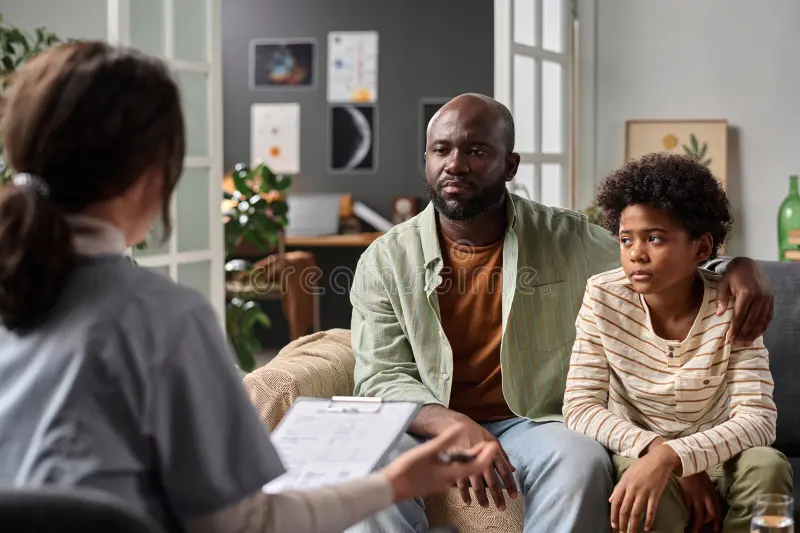24/7 Helpline:
(866) 899-221924/7 Helpline:
(866) 899-2219
Learn more about Bipolar Disorder Treatment centers in Attala County

Other Insurance Options

Access to Recovery (ATR) Voucher

Self-pay options

Sliding scale payment assistance

United Health Care

Private insurance

Multiplan

Optum

Molina Healthcare

Premera

American Behavioral

Providence

UnitedHealth Group

Highmark

Cigna

Sutter

PHCS Network

Optima

Health Partners

Lucent

Humana

Life Help Region VI
Life Help Region VI is a full services community mental health facility dedicated to providing the h...


























Life Help Region VI – Attala Unity Clubhouse
Life Help Region VI - Attala Unity Clubhouse is a day program that prepares individuals for job plac...























